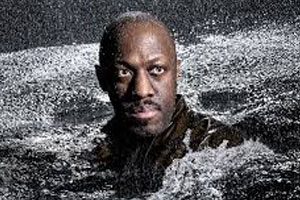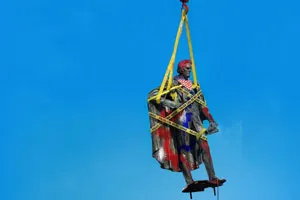
The Life of Galileo

About the Show
1609. Galileo Galilei is a teacher of mathematics at the University of Padua. The establishment orthodoxy – which he’s been teaching to private pupils for years – is that the sun revolves round the earth, which is the centre of the universe. The theory confirms the scriptures and pays the bills. Now, with the help of a newly-invented telescope, Galileo is starting to look at the universe afresh. And the more he looks, the more he sees, including mountains on the moon and strange stars around Jupiter. His discoveries not only support the heretical idea that the earth moves round the sun, they give rise to urgent new questions too. What if the earth is just another star? And if the church is wrong about the heavens, might it be wrong about how things are here on earth? Brilliant minds have been burnt alive for asking such questions. Because though this is the age of science and discovery, it is also the age of the Inquisition.
Bertolt Brecht revised his epic play about the battle between scientific reason, the power of religion, and human responsibility in response to the apocalyptic events of the middle of the twentieth century.





